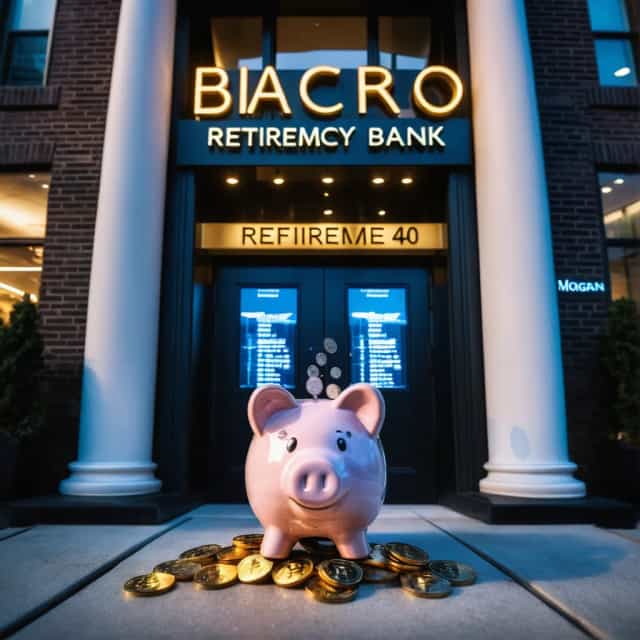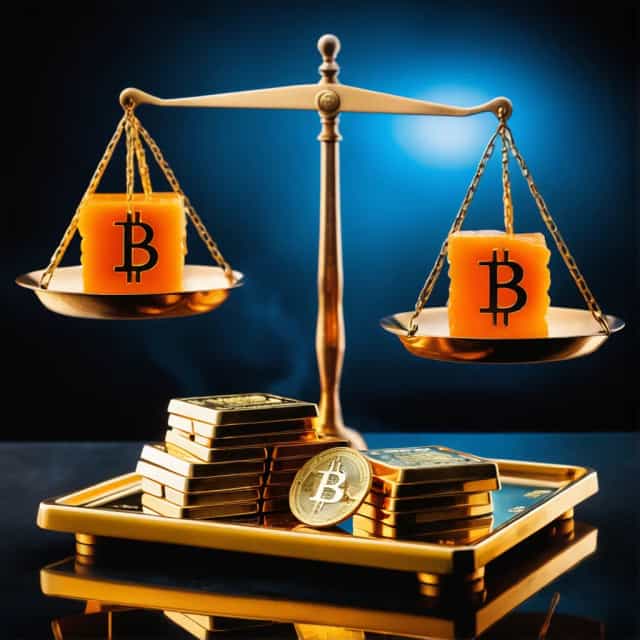
Image source: Block Media
Anonymous Investor Profits $70,000 in Nobel Peace Prize Prediction Scandal
An anonymous bettor using a newly created account on the cryptocurrency-based prediction platform Polymarket netted over $70,000 in a single night by accurately predicting María Corina Machado's surprise win for the 2025 Nobel Peace Prize. The uncanny timing and precision of the bets have sparked serious allegations of insider information and raised concerns about the integrity of decentralized prediction markets.
Sharp Bet Ignites Suspicions of Leaked Nobel Committee Secrets
The controversy first came to light on October 10 when The Wall Street Journal reported on suspicious trading activity surrounding the announcement. The anonymous Polymarket account, identified only as "6741," placed significant bets on Machado just 12 hours before the Nobel Committee declared her the winner. At the time, the market had given Machado a mere 5% chance of clinching the coveted award. However, the large-scale wagers triggered a seismic shift in the odds, catapulting her winning probability to 70%—a sharp and unusually accurate forecast of the eventual result.
Eric Aasheim, a spokesperson for the Norwegian Nobel Committee, acknowledged the unfolding scandal. "We are aware that certain individuals profited significantly from this announcement," Aasheim stated. "An investigation will be conducted to determine whether confidential information was improperly accessed."
This marks one of the most notable incidents of potential information leaks linked to a Nobel Prize announcement, casting a shadow over the esteemed organization’s reputation for secrecy.
Decentralized Prediction Markets in a Legal Gray Zone
The situation further highlights the unique challenges posed by platforms like Polymarket. As a decentralized prediction market, Polymarket allows users to place binary "yes" or "no" bets on a vast array of global events, from political outcomes to entertainment headlines. These markets are highly volatile and susceptible to dramatic changes when large bets are placed, especially in low-liquidity markets.
While insider trading laws are enforced rigorously in traditional financial markets, platforms like Polymarket operate outside conventional regulatory frameworks. Officially headquartered overseas and restricting U.S. users, Polymarket operates in a legal gray zone, complicating efforts by authorities to enforce insider trading laws—even in cases where leaked information might have been used.
Polymarket itself has stayed silent on the Nobel-related allegations but celebrated its accurate prediction of Machado’s win via social media. This celebratory tone has drawn criticism, with observers claiming it trivializes questions of ethical conduct and regulatory compliance. Meanwhile, some seasoned users of the platform regularly track suspicious trading activity, speculating on the possibility of insider information to adjust their own betting strategies.
The Growing Influence of Prediction Markets
Despite the controversy, Polymarket has solidified its position as a major player in the prediction market space. Bolstering its influence, the platform recently received $2 billion in funding from Intercontinental Exchange (ICE), the parent company of the New York Stock Exchange, which valued the company at $8 billion. This influx of capital underscores the growing mainstream appeal of prediction markets, especially as they expand into sectors like sports, pop culture, and global events.
Polymarket’s rise is emblematic of the broader growth in prediction markets. Beyond political outcomes, the platform has gained notoriety for anticipating financial trends and even celebrity news. For example, a similar controversy erupted when a user accurately predicted pop star Taylor Swift’s engagement announcement by buying large bets shortly before the news broke. Such incidents hint at an intersection of entertainment, finance, and potentially private information.
Regulatory Scrutiny and U.S. Expansion
Polymarket’s contentious track record with government authorities has done little to dampen its ambitions. Since its launch in 2020, the platform has negotiated a complex relationship with U.S. regulators. In 2021, it entered into an agreement with the Commodity Futures Trading Commission (CFTC) to curb its services for U.S. residents. However, recent moves signal a potential re-entry into the U.S. market, including Polymarket's acquisition of a small exchange licensed by the CFTC.
Regulatory questions continue to loom large for decentralized platforms. The persistent challenge is how global authorities can regulate markets that exist in blockchain ecosystems, where anonymity and borderless transactions reign supreme. Without clear oversight, the risk of insider trading scandals—such as the Nobel Peace Prize betting incident—remains a critical concern.
A New Era of Transparency or Crisis?
The Machado betting scandal serves as a stark reminder of the growing interplay between predictive technologies, finance, and information security. Whether Nobel Committee secrets were indeed leaked remains unproven, but the incident has illuminated vulnerabilities even in institutions long considered impervious to such breaches.
As decentralized prediction markets grow in scope and influence, regulators, platform operators, and market participants must confront pressing ethical and legal questions. For now, the $70,000 windfall from Machado’s unexpected win stands as a symbol of the ever-expanding complexities at the intersection of blockchain technology, finance, and global events.










